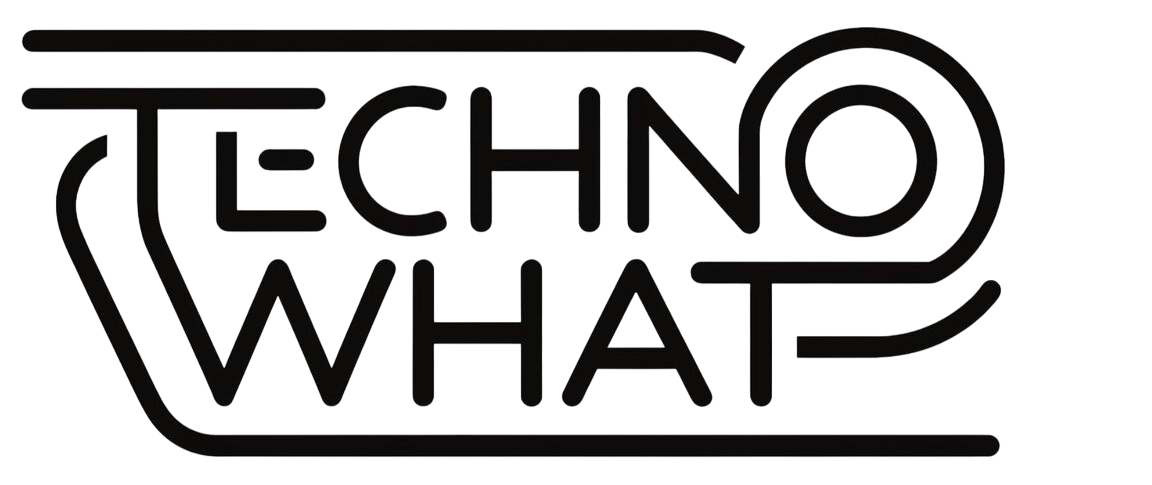
In today’s fast-paced digital landscape, where consumer behaviors and market trends shift rapidly, leveraging artificial intelligence (AI) has become indispensable for crafting robust marketing strategies. AI-driven solutions have transformed how businesses approach marketing by enhancing efficiency, personalization, and overall ROI. This comprehensive guide delves into the transformative potential of AI in marketing, exploring its applications, advantages, and actionable strategies for implementation. By integrating cutting-edge AI technologies into your marketing arsenal, you can stay ahead of the competition and ensure sustainable growth. Below, we examine how AI is reshaping the marketing industry with detailed insights and practical examples.
The Role of AI in Marketing
Artificial intelligence has emerged as a cornerstone technology in marketing, offering businesses unprecedented tools to understand their customers and optimize their efforts. AI’s ability to analyze vast datasets in real time enables marketers to uncover hidden patterns and gain actionable insights. For instance, AI-powered tools like Google Analytics or HubSpot help businesses track user behaviors, segment audiences, and optimize campaigns. These tools ensure that marketing strategies are data-driven rather than based on guesswork, reducing inefficiencies and boosting effectiveness.
Benefits of AI in Marketing
- Enhanced Customer Insights: AI tools analyze customer data to predict behaviors and preferences, helping marketers tailor personalized campaigns. Forrester Research highlights how personalized marketing can improve conversion rates by 202%.
- Efficiency and Automation: AI automates repetitive tasks like email campaigns, social media management, and data analysis, freeing marketers to focus on creative strategies. Tools like Mailchimp and Hootsuite streamline operations and enhance productivity.
- Cost Savings: By automating tasks and improving targeting, AI reduces costs associated with manual labor and ineffective campaigns. A McKinsey report suggests businesses adopting AI can cut marketing costs by up to 30%.
- Improved Customer Experience: Chatbots like those offered by Zendesk provide 24/7 support, answering queries and resolving issues in real time.
AI Applications in Marketing
1. Predictive Analytics
Predictive analytics enables marketers to anticipate future trends and behaviors by analyzing historical data. AI algorithms identify patterns and forecast outcomes, allowing businesses to make proactive decisions. For example, Salesforce Einstein empowers businesses to predict customer actions, helping in sales forecasting and personalized recommendations.
2. Personalization at Scale
Personalization has become a key factor in consumer engagement. AI-driven solutions like Dynamic Yield and Optimizely enable real-time personalization, delivering tailored content to users based on their preferences and browsing history.
3. Enhanced Content Creation
AI tools like Jasper and Canva assist in generating high-quality, engaging content, from blog posts to social media graphics. These tools speed up the content creation process while maintaining quality and relevance.
4. AI-Powered Chatbots
Chatbots powered by natural language processing (NLP) enhance customer interactions by providing instant responses and solutions. Tools like Drift and Intercom are leading the way in chatbot innovation.
5. Advanced Ad Targeting
AI optimizes ad placement and targeting through platforms like Google Ads and Facebook Ads. These tools analyze user data to ensure ads are shown to the right audience at the right time.
Comparison Table: AI Tools for Marketing
| Tool | Feature | Best For |
|---|---|---|
| Google Analytics | Data analysis | Website performance tracking |
| Jasper | Content generation | Automated writing |
| Salesforce Einstein | Predictive analytics | Sales forecasting |
| Drift | AI-powered chatbots | Customer engagement |
| Hootsuite | Social media management | Content scheduling |
Implementing AI in Your Marketing Strategy
To effectively incorporate AI into your marketing strategy, follow these steps:
- Define Clear Goals: Identify specific objectives, such as increasing customer retention or boosting ad ROI. Resources like MarketingProfs can help in setting measurable KPIs.
- Choose the Right Tools: Select AI tools that align with your goals. Gartner provides valuable reviews and comparisons for various marketing technologies.
- Invest in Training: Ensure your team understands how to use AI tools effectively. Platforms like Coursera and Udemy offer AI courses tailored for marketers.
- Monitor and Optimize: Continuously analyze performance and refine strategies based on insights. Tools like Tableau help visualize data for better decision-making.
High-Quality FAQs
Q: How does AI improve marketing strategies? A: AI enhances marketing by providing data-driven insights, enabling personalization, and automating tasks. This leads to improved customer engagement and higher ROI.
Q: What are some popular AI tools for marketers? A: Popular tools include Google Analytics, Jasper for content creation, Drift for chatbots, and Salesforce Einstein for predictive analytics.
Q: Is AI affordable for small businesses? A: Yes, many AI tools like Mailchimp and Canva offer affordable plans tailored for small businesses. Free resources are also available to get started.
Q: Can AI replace human creativity in marketing? A: No, AI enhances creativity by automating repetitive tasks and providing insights, but human creativity remains vital for crafting compelling campaigns.
Q: What industries benefit most from AI-driven marketing? A: Industries such as e-commerce, finance, healthcare, and technology see significant benefits from AI marketing solutions.
Conclusion
AI-driven solutions are revolutionizing the marketing landscape, offering businesses powerful tools to optimize their strategies and achieve better results. By leveraging AI, marketers can enhance personalization, improve efficiency, and gain a competitive edge. From predictive analytics to AI-powered chatbots, the possibilities are vast and transformative. However, the successful implementation of AI requires careful planning, the right tools, and continuous optimization. As technology evolves, staying informed and adaptable will be key to leveraging AI’s full potential. Invest in AI-driven marketing today to ensure your business thrives in the competitive digital age.

